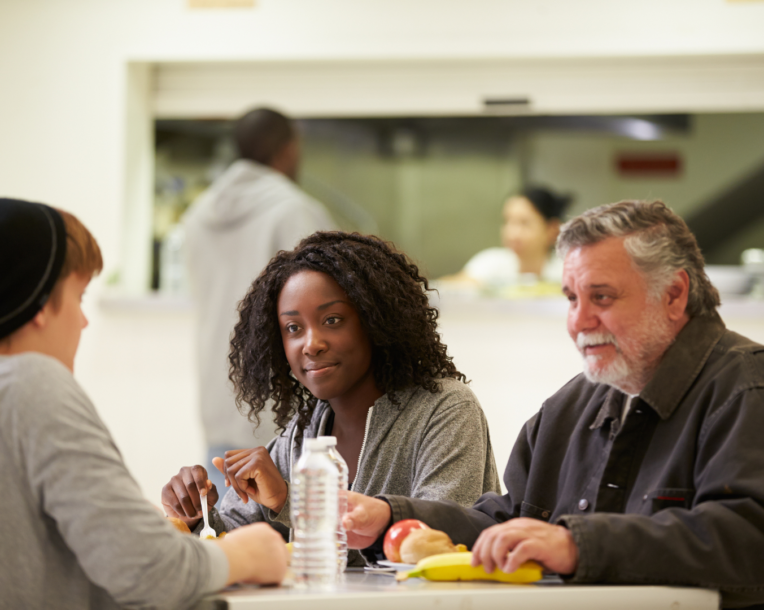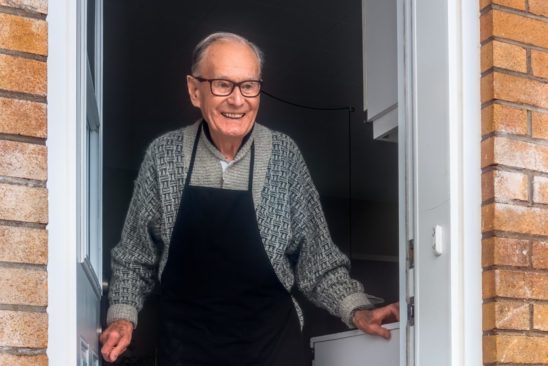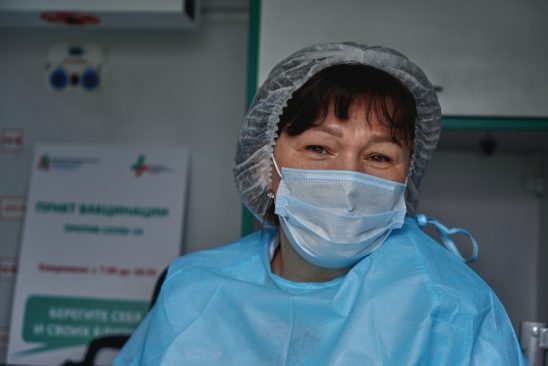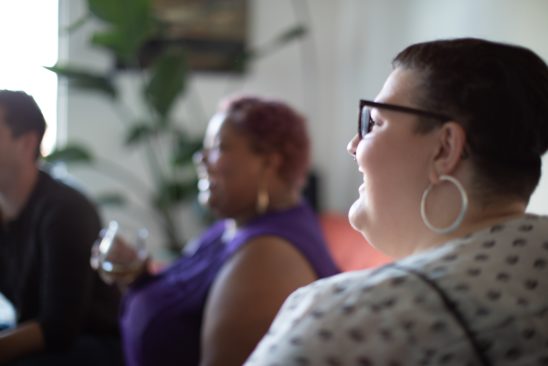Authors
The challenge
As an inclusion health group, people experiencing homelessness are often socially excluded, experience multiple overlapping factors for poor health, stigma and discrimination. West Northants’ Health & Wellbeing Board recognised the significance that settled, good quality housing with tailored support can have on reducing health inequalities. This made homelessness and reducing rough sleeping a high priority for the local system.
The Council also wanted to understand the accommodation and support needs of those currently within the single homelessness pathway (the local response system to single homelessness and rough sleeping). They wanted to know how the pathway was performing as a collective response to street homelessness; and develop an economic and evidence-based case for change.
Our approach
We firstly established a steering group with representatives from the local voluntary sector service providers, housing providers; and public sectors to oversee the work. We collated and analysed over 23 data sets from various organisations within the local system, completed extensive engagement with professionals, engaged people with lived experience of rough sleeping (supported by the organisation Homeless Link); and completed a desktop review of best practice and the evidence base.
We reviewed the current service provision within West Northants against published standards, and the health, social care and accommodation needs identified in the assessment. This enabled us to develop a set of recommendations to inform future commissioning and service delivery. We also looked at the cost effectiveness of current accommodation-based provision within the single homelessness pathway, and modelled the economic case of transitioning to different models over the next decade; including the benefits to the wider West Northants public sector.
“The research we commissioned has been well-received by senior leadership in Housing and Public Health; and will be instrumental in informing commissioning of services for people who experience rough sleeping.”
Homelessness/ Healthy Communities Strategy Officer
Our impact
Our findings corroborated the evidence base, and highlighted the high prevalence of physical health, mental health, substance misuse and social care need within people experiencing the most acute forms of homelessness; and the inequalities/ barriers faced in accessing services. An additional output was a robust case for change to reshape the local pathway, including the components of a new pathway and roadmap to get there.
Some of our recommendations have already been taken forward with a new joint commissioning manager across Adult Social Care and Housing, co-location of teams, a new dedicated homelessness social worker role; and ongoing plans with the Mental Health Trust to shape and jointly fund an enhanced Mental Health team.
A Council-wide transformation programme has been established to lead the reshaping of the pathway, and a number of actions have already been already been progressed; including reshaping current provision, development of a floating support service, development of a private rented sector ‘move on’ offer; and commitment to pilot new, evidence-based service models.





